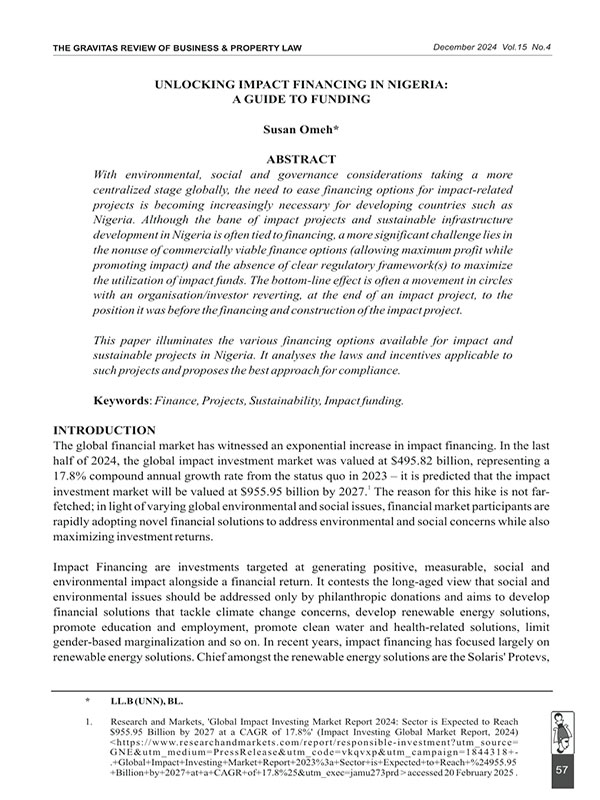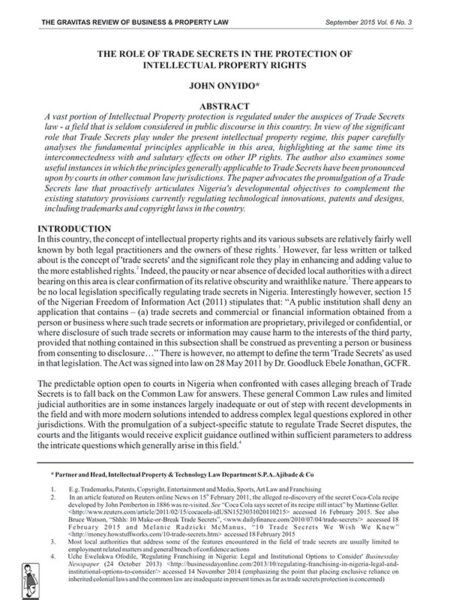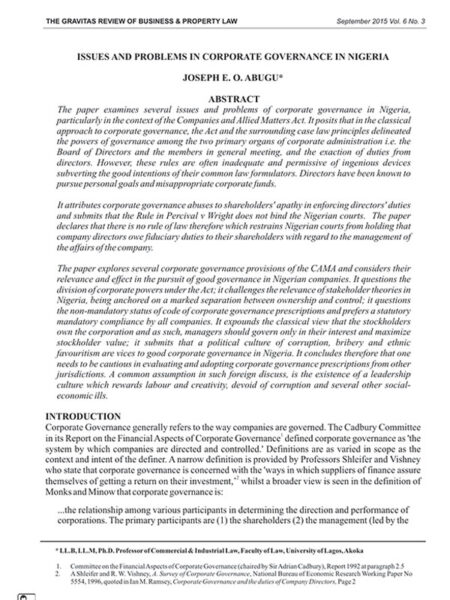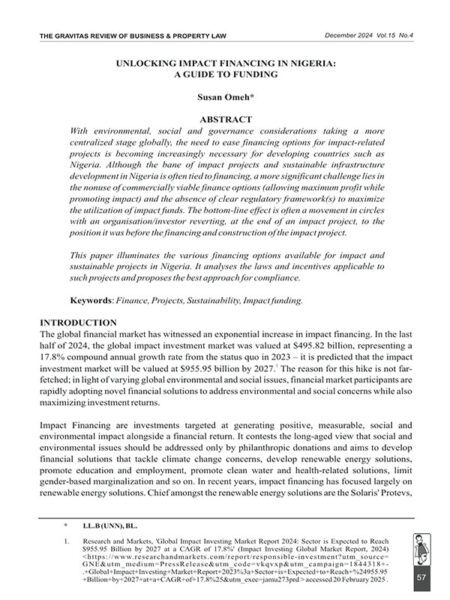Description
ABSTRACT
Unlocking Impact Financing in Nigeria: A Guide to Funding
Susan Omeh*
ABSTRACT
With environmental, social and governance considerations taking a more centralized stage globally, the need to ease financing options for impact-related projects is becoming increasingly necessary for developing countries such as Nigeria. Although the bane of impact projects and sustainable infrastructure development in Nigeria is often tied to financing, a more significant challenge lies in the nonuse of commercially viable finance options (allowing maximum profit while promoting impact) and the absence of clear regulatory framework(s) to maximize the utilization of impact funds. The bottom-line effect is often a movement in circles with an organisation/investor reverting, at the end of an impact project, to the position it was before the financing and construction of the impact project.
This paper illuminates the various financing options available for impact and sustainable projects in Nigeria. It analyses the laws and incentives applicable to such projects and proposes the best approach for compliance.
Keywords: Finance, Projects, Sustainability, Impact funding.
INTRODUCTION
The global financial market has witnessed an exponential increase in impact financing. In the last half of 2024, the global impact investment market was valued at $495.82 billion, representing a 17.8% compound annual growth rate from the status quo in 2023 – it is predicted that the impact investment market will be valued at $955.95 billion by 2027.1 The reason for this hike is not far fetched; in light of varying global environmental and social issues, financial market participants are rapidly adopting novel financial solutions to address environmental and social concerns while also maximizing investment returns.
Impact Financing are investments targeted at generating positive, measurable, social and environmental impact alongside a financial return. It contests the long-aged view that social and environmental issues should be addressed only by philanthropic donations and aims to develop financial solutions that tackle climate change concerns, develop renewable energy solutions, promote education and employment, promote clean water and health-related solutions, limit gender-based marginalization and so on. In recent years, impact financing has focused largely on renewable energy solutions. Chief amongst the renewable energy solutions are the Solaris’ Protevs,
* LL.B (UNN), BL.
- Research and Markets, ‘Global Impact Investing Market Report 2024: Sector is Expected to Reach $955.95 Billion by 2027 at a CAGR of 17.8%’ (Impact Investing Global Market Report, 2024) accessed 20 February 2025 .








Reviews
There are no reviews yet.